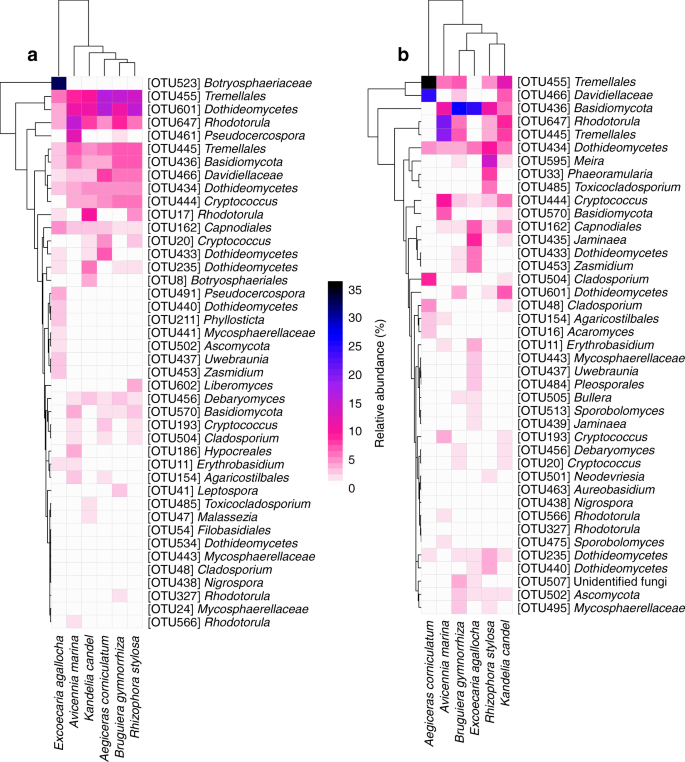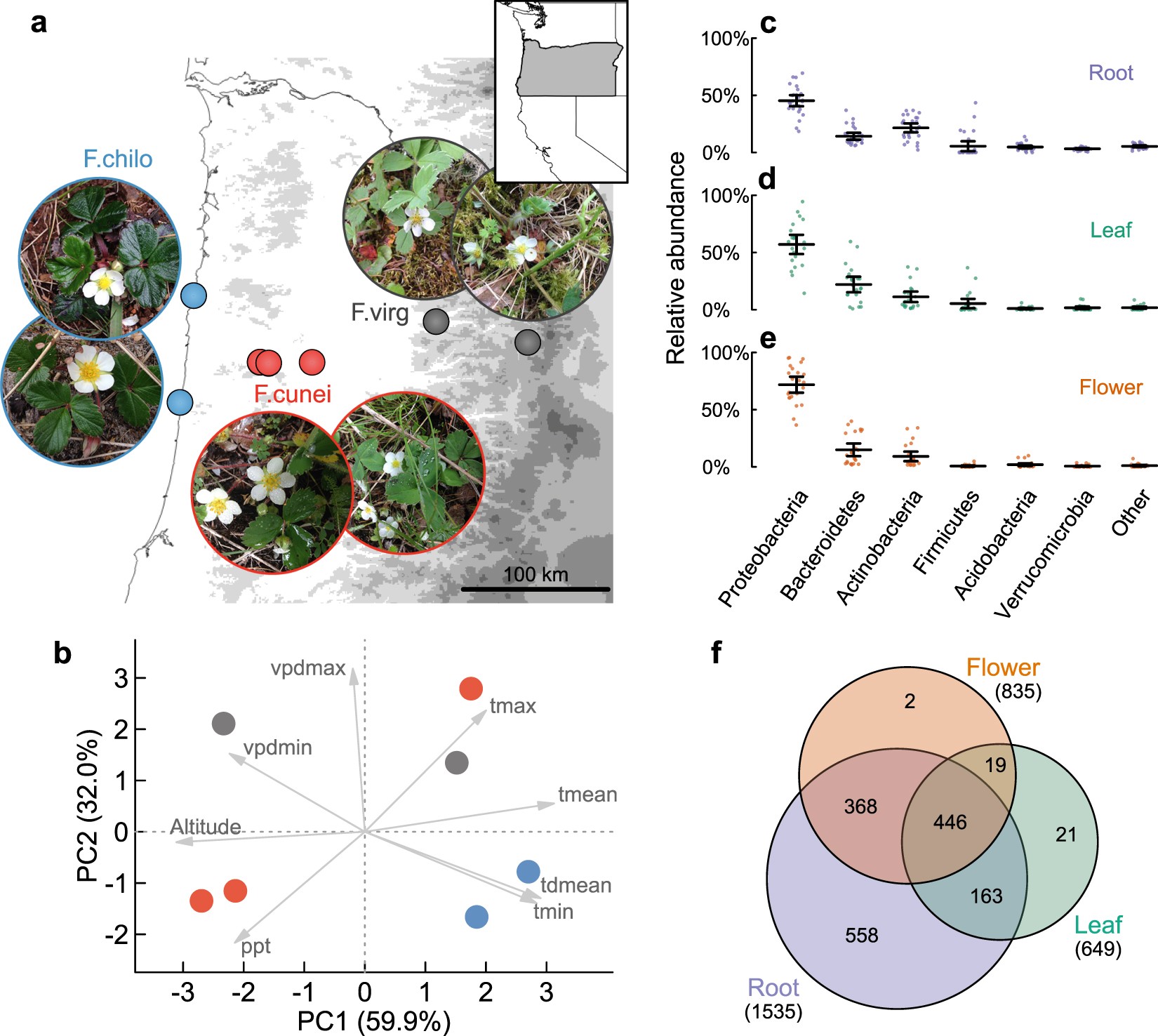Phylogenetic diversity and the structure of host-epiphyte interactions
Por um escritor misterioso
Descrição
Understanding the mechanisms driving community assembly has been a major focus of ecological research for nearly a century, yet little is known about these mechanisms in commensal communities, particularly with respect to their historical/evolutionary components. Here, we use a large-scale dataset of 4,440 vascular plant species to explore the relationship between the evolutionary distinctiveness (ED) (as measured by the ’species evolutionary history’ (SEH)) of host species and the phylogenetic diversity (PD) of their associated epiphyte species. Although there was considerable variation across hosts and their associated epiphyte species, they were largely unrelated to host SEH. Our results mostly support the idea that the determinants of epiphyte colonization success might involve host characteristics that are unrelated to host SEH (e.g., architectural differences between hosts). While determinants of PD of epiphyte assemblages are poorly known, they do not appear to be related to the evolutionary history of host species. Instead, they might be better explained by neutral processes of colonization and extinction. However, the high level of phylogenetic signal in epiphyte PD (independent of SEH) suggests it might still be influenced by yet unrecognized evolutionary determinants. This study highlights how little is still known about the phylogenetic determinants of epiphyte communities.

Phyllosphere epiphytic and endophytic fungal community and network

Taxonomic overview of Honduras' epiphyte flora and comparison with

Diversity, Free Full-Text

a) Number of epiphyte individuals, and (b) epiphyte species

Microorganisms, Free Full-Text

Vascular epiphytes contribute disproportionately to global centres

The effects of host species and sexual dimorphism differ among

PDF) Fate of epiphytes on phorophytes with different architectural

Schematic illustrating the meta-network analytical framework. (A
de
por adulto (o preço varia de acordo com o tamanho do grupo)







